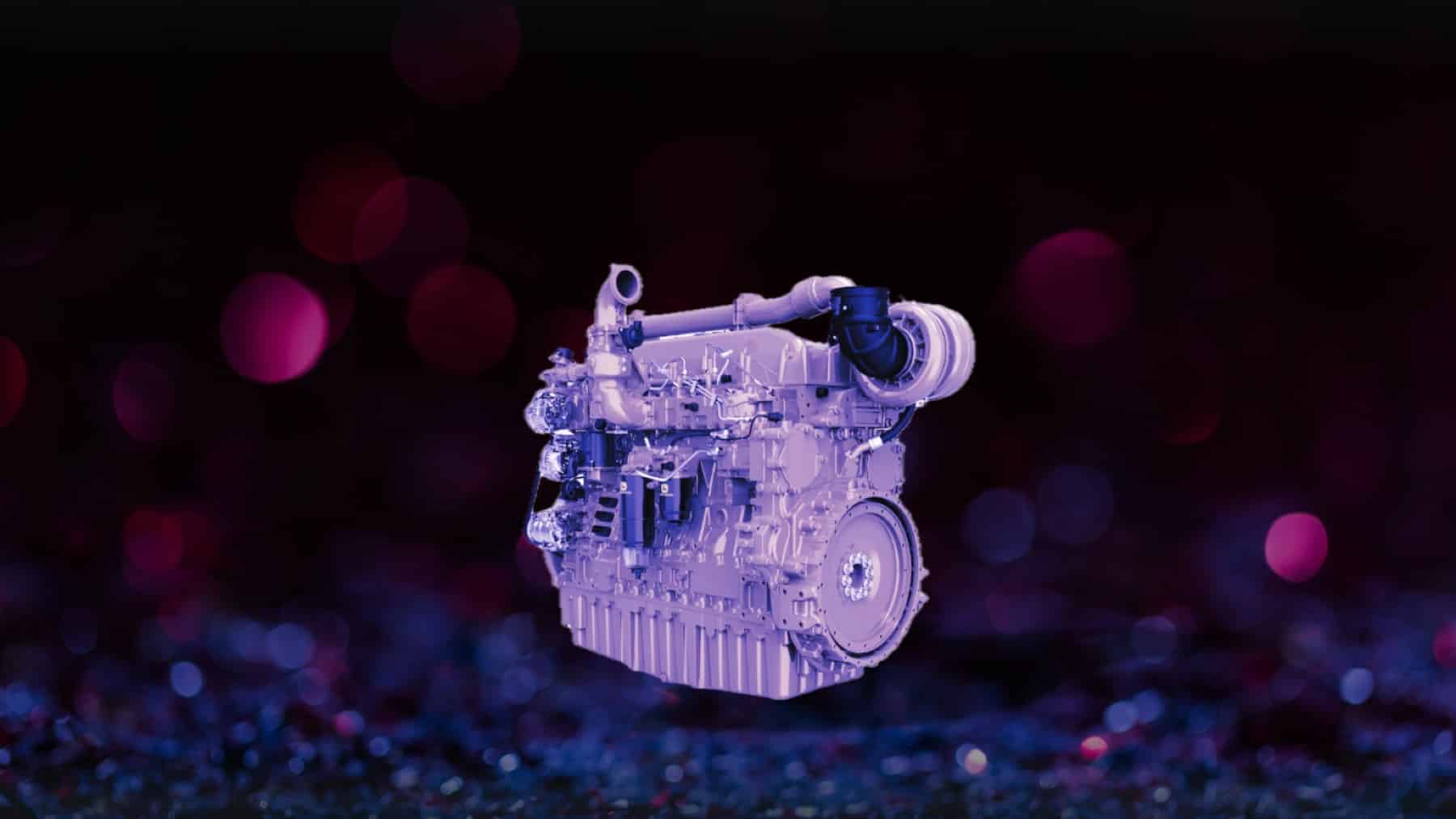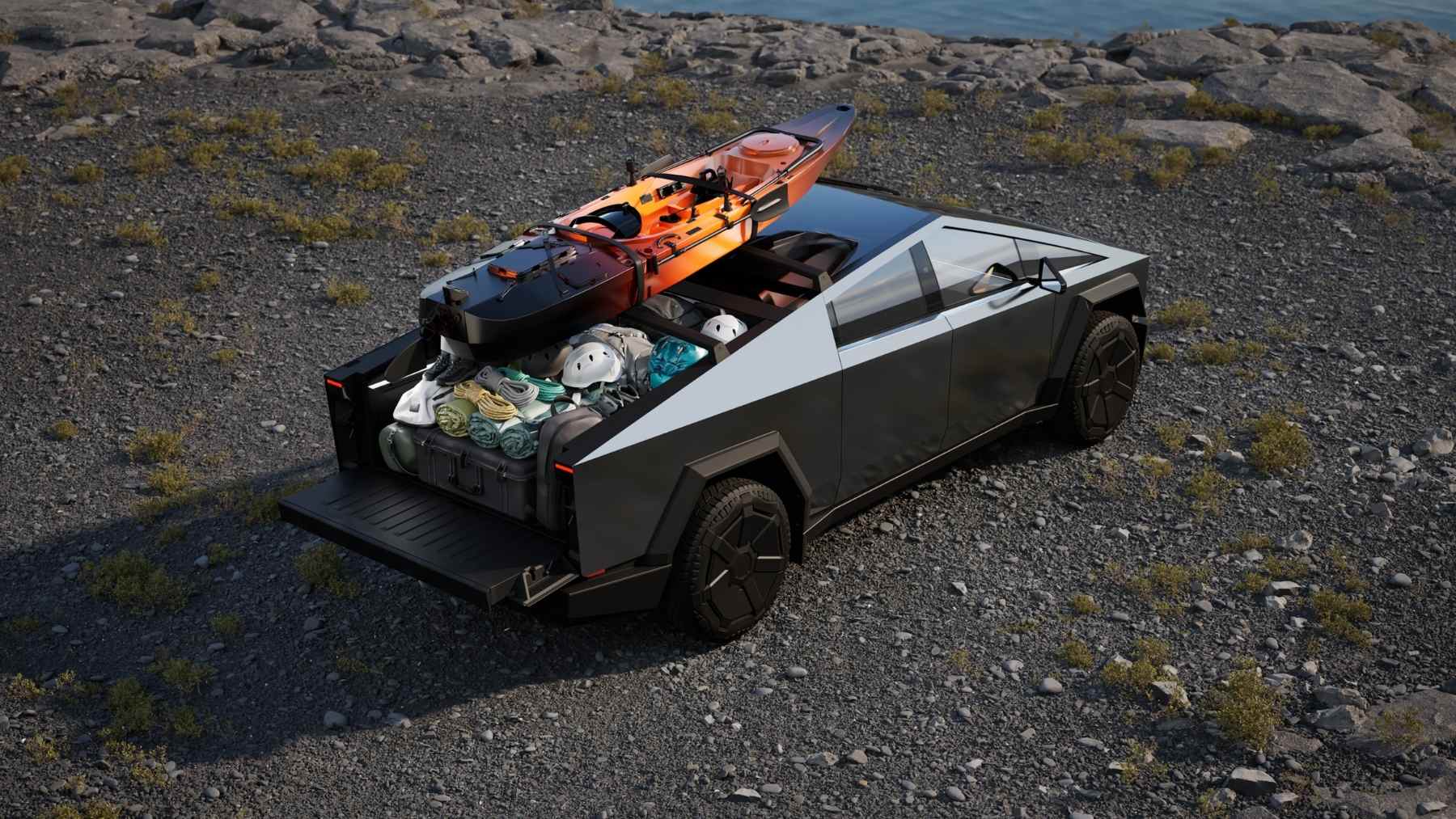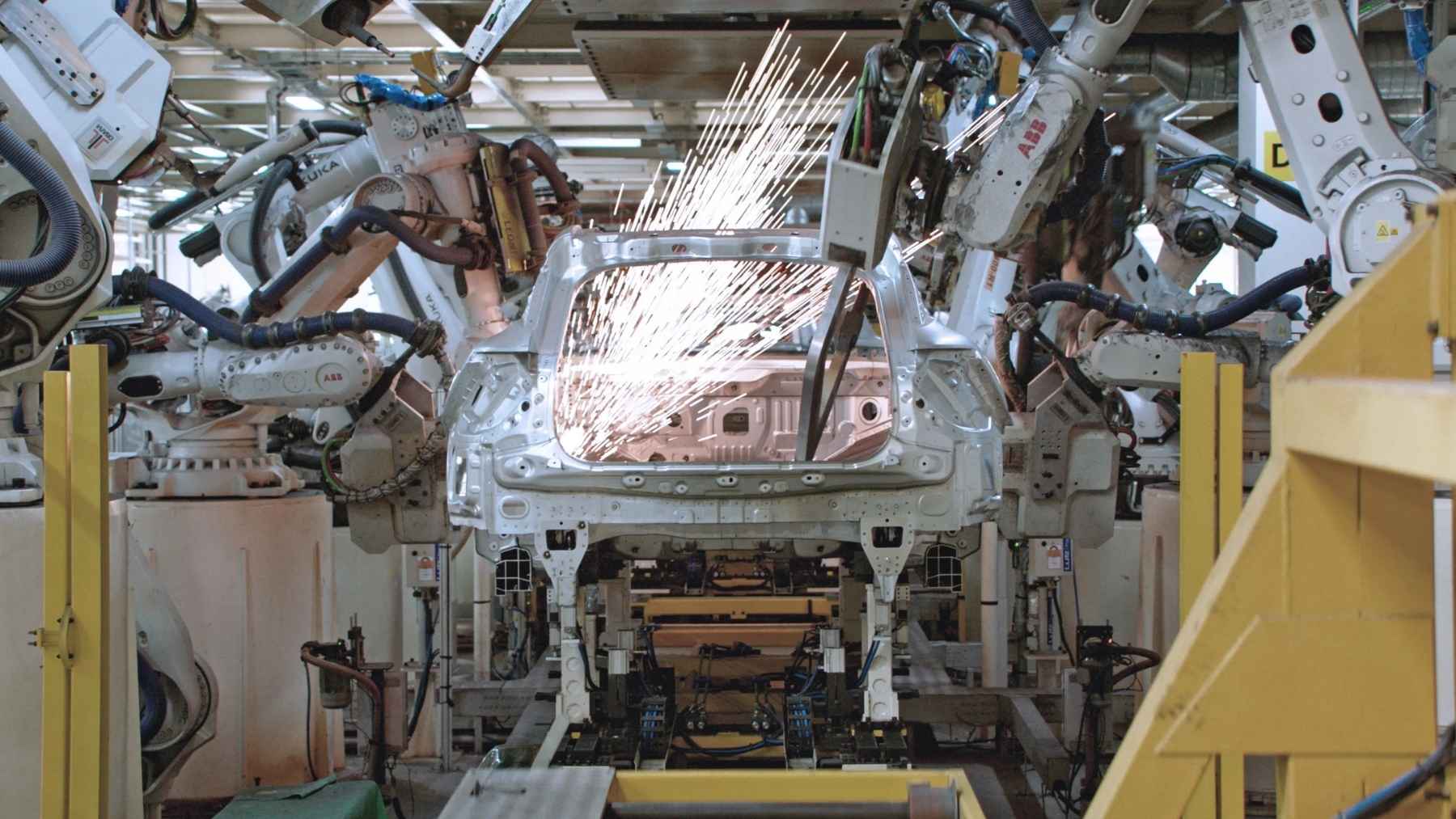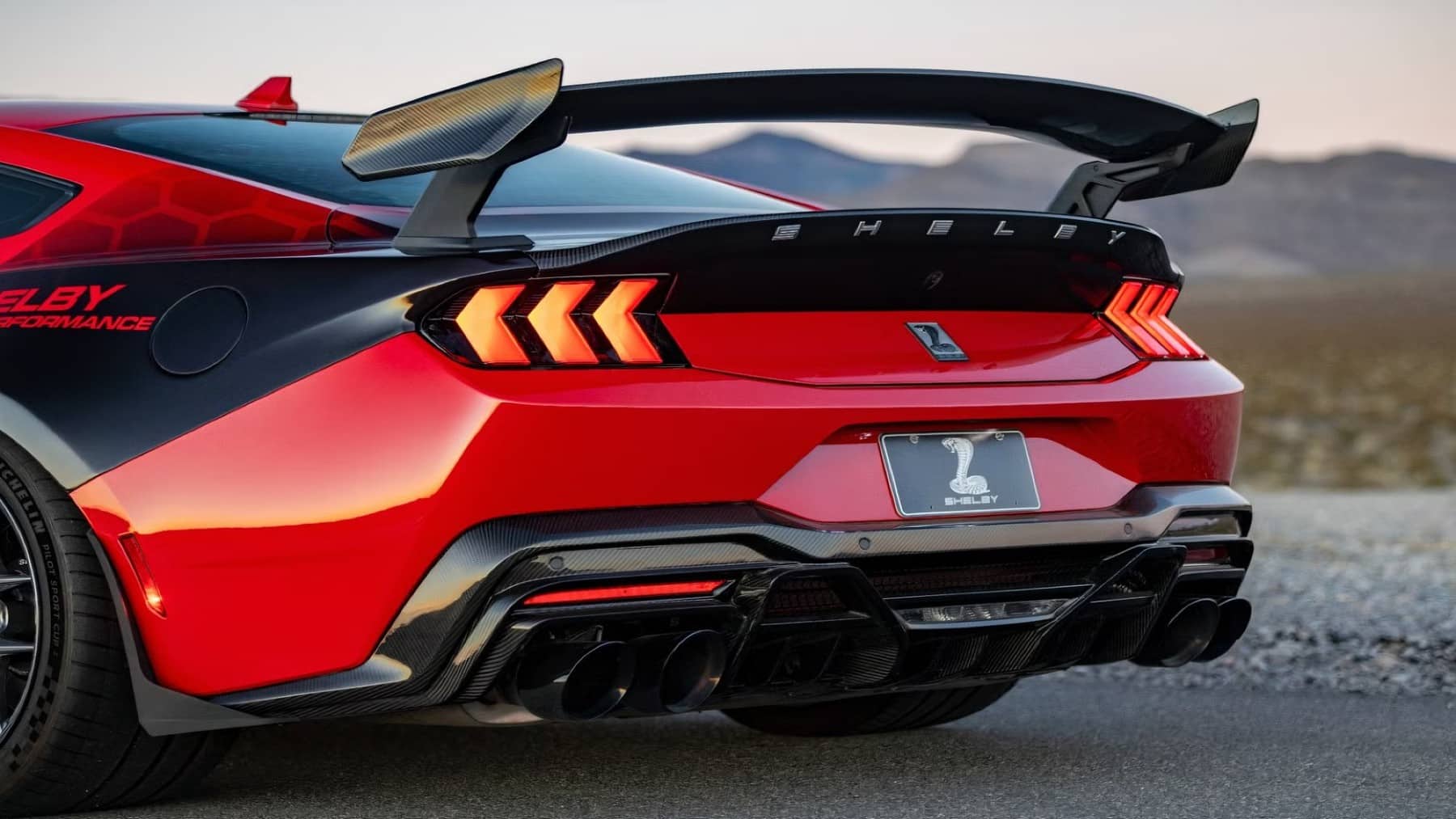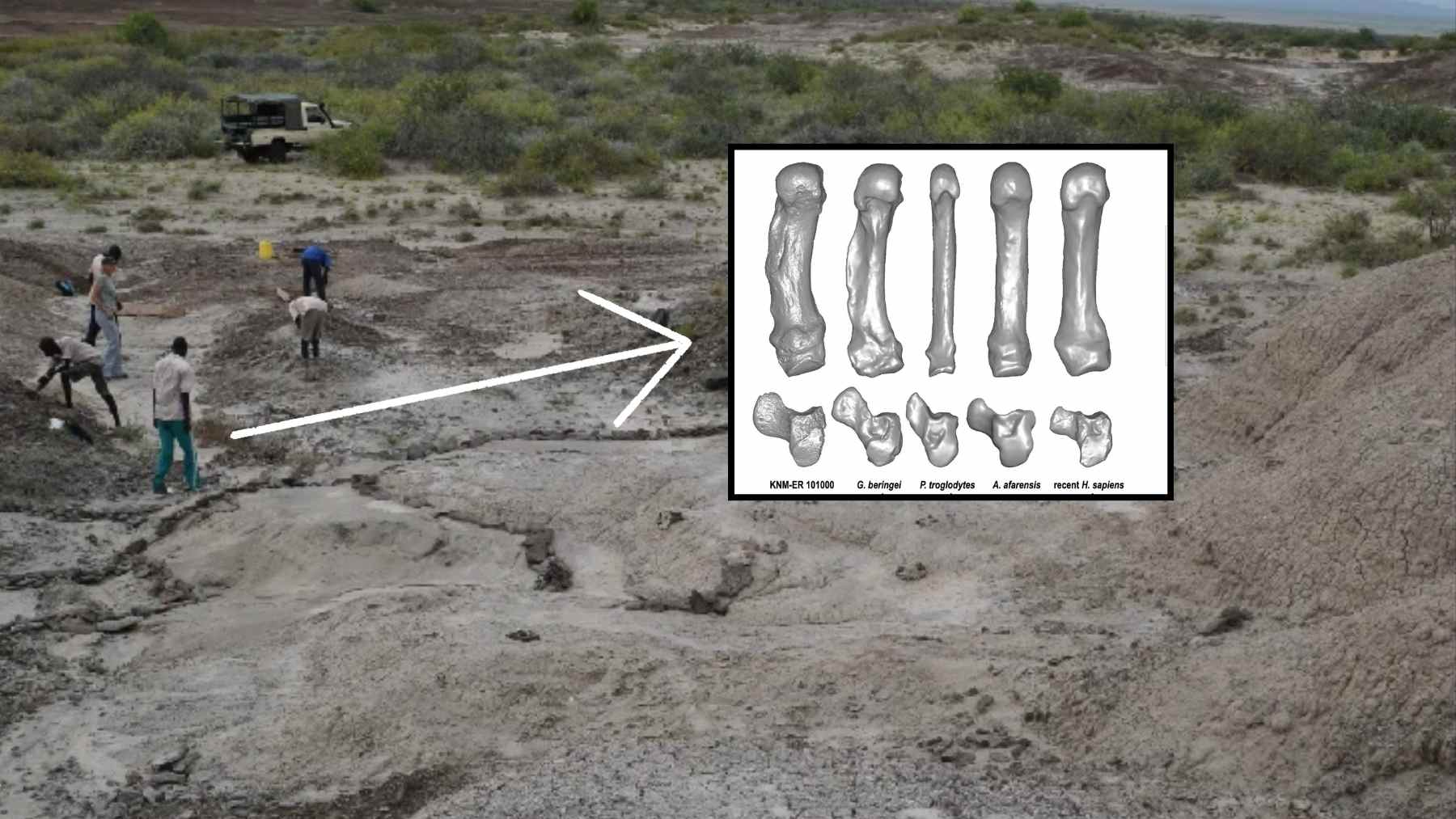In a world that is striving towards carbon neutrality and sustainability, alternative engine solutions have been increasingly drawn upon in the automobile world to help automobile brands decrease their reliance on the internal combustion engine and to embrace more sustainable practices. While electrical engine solutions have been leading this revolution with hydrogen following closely behind, a new player may be on the rise, promoting increased competition among automobile innovators.
Hydrogen competes for second position next to electrical engines
In terms of the most dominant and popular alternative engine solution on the road right now, electric engines by far outpace any other solution. Plug-in hybrids in particular have been most popular among consumers, due to their ability to embrace more sustainable technology, but with the guarantee that an internal combustion engine can still be relied upon if the vehicle cannot be charged.
Amidst the popularity of electric vehicles, other automobile makers have been searching for a viable alternative engine solution to compete with the electrical dominance. Hydrogen fuel-cell technology is one such way automobile companies are competing for dominance by showcasing innovation and futuristic thought beyond conventional electric vehicle model lineups.
Toyota in particular has been spearheading this process. Known for jumping on the hydrogen bandwagon over twenty years ago, the company has continued to be a pioneer in hydrogen fuel-cell production, solidifying themselves as experts in this technology. In addition, they have also not lapsed their electrical vehicle output and offer a range of electrical models for consumers too.
Ethanol engines to overtake hydrogen?
Amidst the electric vehicle dominance, other alternative engine solutions are competing with hydrogen engine technology to be the next best thing compared to electric engines. American machine manufacturer John Deere unveiled a 9.0-liter concept ethanol-powered engine back in 2023. The engine was exhibited at the Agritechnica trade fair in Germany in November of that year.
The American company sees biodiesel and renewable diesel fuel to be the most promising options for integrating renewable and alternative engine solutions into the off-highway equipment industry. The company is set to be a major player in introducing this technology across the US, particularly in the marine and agriculture sector.
“The use of biofuels such as ethanol, biodiesel, and renewable diesel fuel can contribute to significant CO2 reductions on a well-to-wheel basis. John Deere is continuing to explore new technologies that incorporate advanced combustion for continued compatibility with renewable fuels,” describes the John Deere website.
Innovation beyond the passenger vehicle
Innovation from companies like John Deere are highlighting how there are a magnitude of opportunities for alternative engine solutions beyond the passenger vehicle. With the automobile world defining itself through the electrical engine revolution, alternative engine technology which is not hinged upon electrical outputs is more likely to be a success outside of this sector.
The aircraft industry in particular has been looking at alternative engine solutions which are not based on electrical technology. An electrical plane is, currently, not a reality the field can conceptualize at the moment. The batteries which would be required for a passenger aircraft would be so dense that the plane would be unable to take off. As such, the industry has been exploring what hydrogen solutions have to offer.
The biggest takeaway for engine innovators, however, is that increased collaboration and lessened competition are the best way towards a more sustainable world. By pooling resources, we may be able to achieve carbon neutrality much faster than if companies work individually. Major Japanese automobile manufacturer Yamaha recently announced a collaboration with British company Caterham for the development of a new electric sports coupe. This partnership is just one example of how companies can work together to deliver more sustainable solutions.
